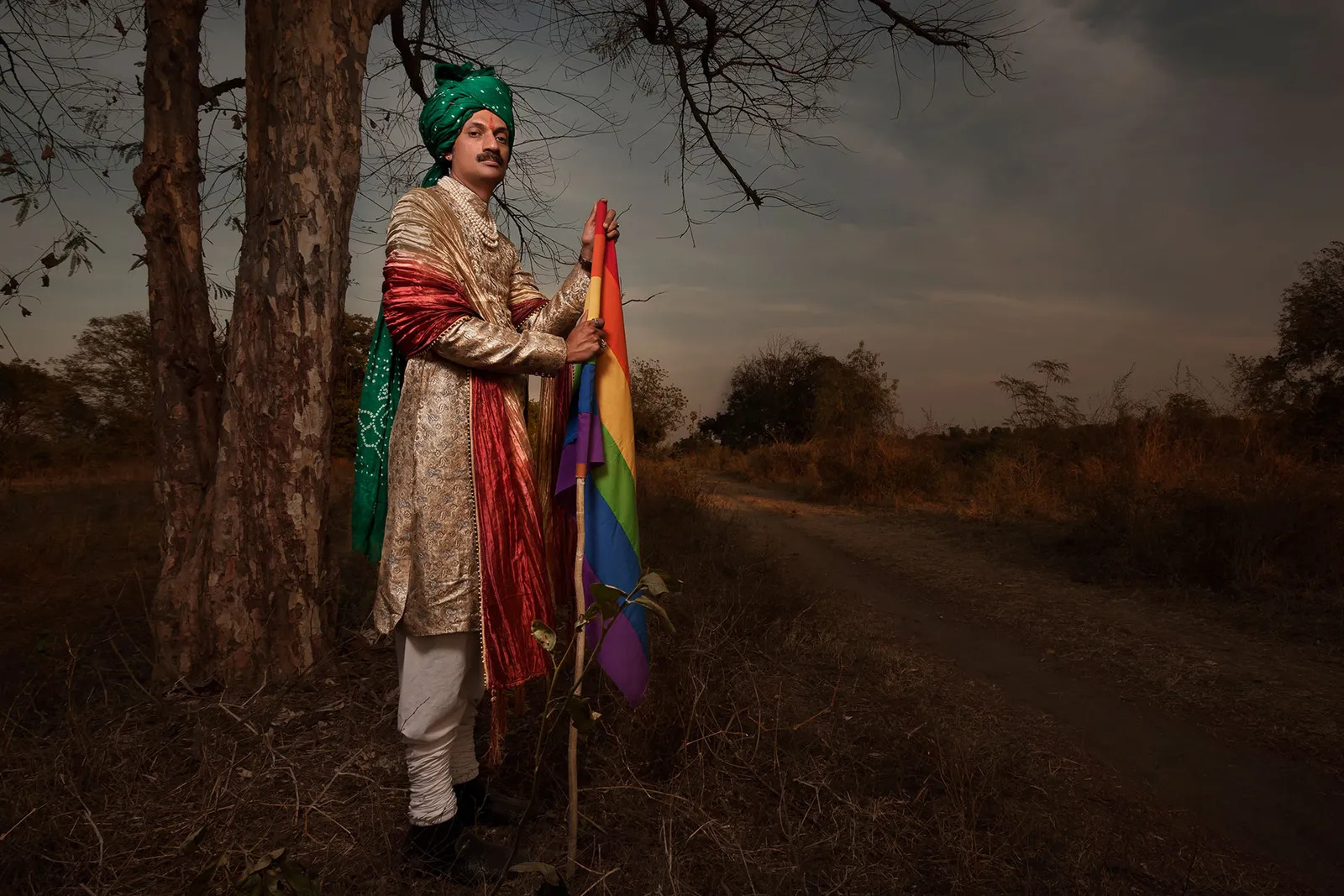
Alan Turing, a brilliant British mathematician, logician, and computer scientist.
Introduction
In this Gaydar of the month, we shall go back in history to feature a hero during the Second World War, Alan Turing. Born in London in 1912 just two years before the First World War, growing up was difficult during the unforgiving times of war and suffering. Nonetheless, Turing’s parents were keen to ensure that their son was able to have proper access to education.
Little did they know, their son turned out to be a math prodigy that dedicated his life in mathematics and computer science from the early age. During the Second World War, he took up a secret role with the British Government to decipher military codes used by Germany and its allies. This was where he altered the course of history by breaking the Enigma code, an encryption machine used by the Germans to encode messages and communications (Psst, there’s a movie about this called “The Imitation Game”).
Hardship Due To His Homosexuality
Alan Turing never kept his gender identity a secret and was candid with his social circles whilst studying in Cambridge. In fact, he even traveled abroad to Norway to advocate for gay rights.
Unfortunately, homosexuality was a criminal offence during Turing’s period of life. His life took a tragic turn when he was faced with legal repercussions for his relationship with another man and was arrested for “gross indecency” in 1952. After the arrest, he openly said that he was unashamed of his homosexuality without remorse. Tragically, Alan Turing was faced with a harsh dilemma of either imprisonment, or probation under the condition of chemical castration.
His conviction also meant that his security clearance was withdrawn, leading to a ban on entering the US, effectively ending his career. In 1954, Turing died from cyanide poisoning at the age of 41. It was widely believed that the stress of his conviction caused suicide.
The Birth of Turing Law
Over many decades since the birth of mathematician Alan Turing, significant transformations have occurred across the social, political, and cultural fabric of the UK. One of the defining markers of change has been the LGBT+ liberation movement, which began in the 1970s and campaigned for equal rights for the gay community.
Due to the efforts of activists, historians and politicians, Turing’s legacy has not been forgotten. In 2013, HM Queen Elizabeth II signed a royal pardon for Turing’s conviction with immediate effect.
Since then, the UK Government announced homosexual men and women convicted of now-abolished sexual offences were to receive posthumous pardons under a UK amendment dubbed the “Turing law”.
The Turing Legacy
Continuing the legacy of Turing’s passion for the pursuit of knowledge and education, the UK Government announced the launch of The Turing Scheme in 2021. This £110 million programme will provide funding for the less advantaged students in universities and colleges to study and work abroad.
As for the LGBTQIA+ communities, it is still a long road ahead to do what is necessary to protect rights and equality across the globe. Let us not forget the lives of people who have been marginalised by society in the past. Although what Turing went through should never have happened, his story shed light on the injustice and discrimination faced by the community, and his legacy has become a rallying point for equality and societal acceptance.





